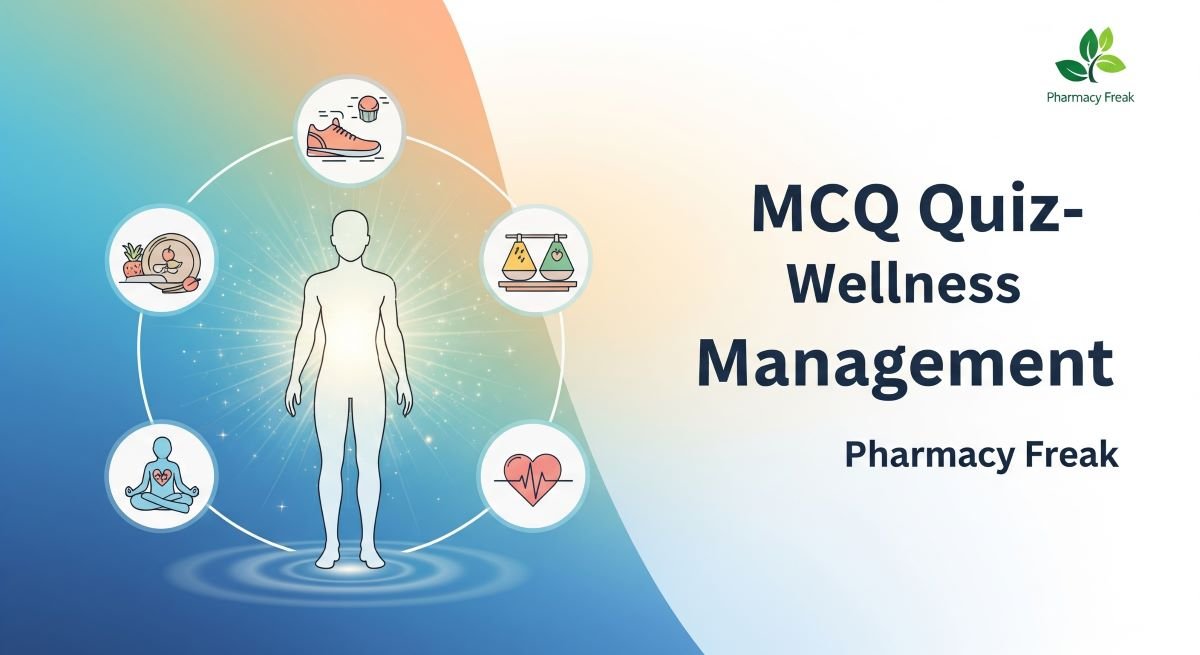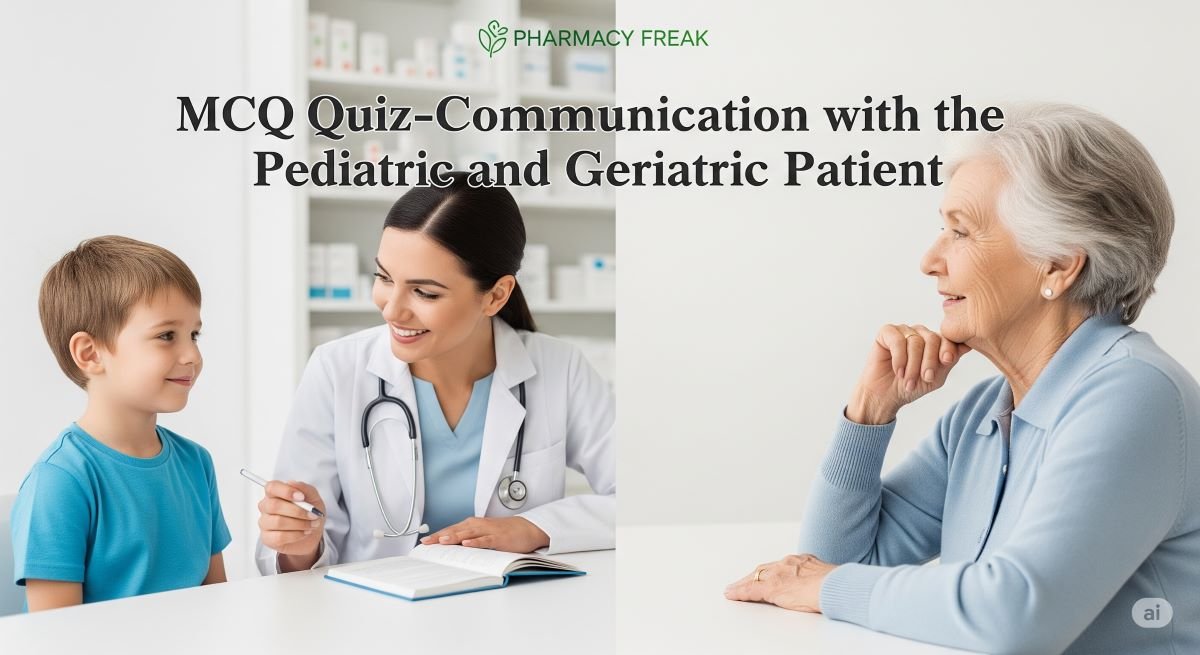

Sharpen Your Skills: Pediatric and Geriatric Pharmacotherapy MCQs
Managing medication therapy for children and older adults takes specialized knowledge and a careful touch. These MCQs challenge you to adapt dosing, watch for age-specific risks, and support patients across the lifespan. Here’s how to get ready for questions that matter most in practice.
What’s Covered in Pediatric and Geriatric Pharmacotherapy?
This topic dives into the unique needs of two very different—but equally vulnerable—populations. You’ll review how growth, development, aging, organ function, and medication safety shape every clinical decision for pediatric and geriatric patients. From dosing to monitoring, every step matters.
What Will These MCQs Test?
Core Focus Areas
Age-Appropriate Dosing:
MCQs will test your knowledge of pediatric dosing calculations, safe administration techniques, and adjusting doses for organ immaturity or decline in the elderly.Drug Selection and Formulation:
Expect questions on choosing the right medications and dosage forms—like liquids for kids or easy-to-swallow tablets for seniors.Adverse Effects and Safety:
You’ll see scenarios involving high-risk medications, drug interactions, and age-related side effects such as falls in older adults or growth suppression in children.Monitoring and Follow-Up:
Some MCQs focus on monitoring for toxicity, recognizing atypical presentations, and adapting care plans as patients grow or age.Communication and Education:
Expect to answer questions about counseling caregivers, addressing health literacy, and supporting adherence in both populations.Ethical and Legal Issues:
Questions may touch on consent, assent in pediatrics, and autonomy or decision-making capacity in geriatrics.
Why These MCQs Matter
Here’s the thing: Children and older adults are more sensitive to medication risks, and pharmacists are their frontline protectors. Mastering these MCQs trains you to think carefully, spot problems early, and advocate for patient safety—no matter the patient’s age.
Tips for Success with Pediatric and Geriatric MCQs
1. Calculate Carefully:
Always double-check pediatric doses and age-adjusted regimens—there’s little margin for error.
2. Focus on Safety:
Choose answers that reduce risk, simplify regimens, and take into account organ function, comorbidities, or special administration needs.
3. Communicate Clearly:
If the question involves parents, caregivers, or seniors, go for answers that use simple language, empathy, and teach-back methods.
4. Monitor Closely:
Kids and older adults need more frequent follow-up—pick options that emphasize regular monitoring and early detection of problems.
5. Be Aware of Special Issues:
Watch for questions about vaccines in children, polypharmacy in seniors, and how to handle consent or decision-making support.
Building Your Pediatric and Geriatric Expertise
Mastering Pharmacotherapy for Pediatric and Geriatric Patients MCQs sets you up for safe, effective care in every pharmacy setting. Use every question to refine your dosing, counseling, and clinical judgment skills for these high-priority patients.



